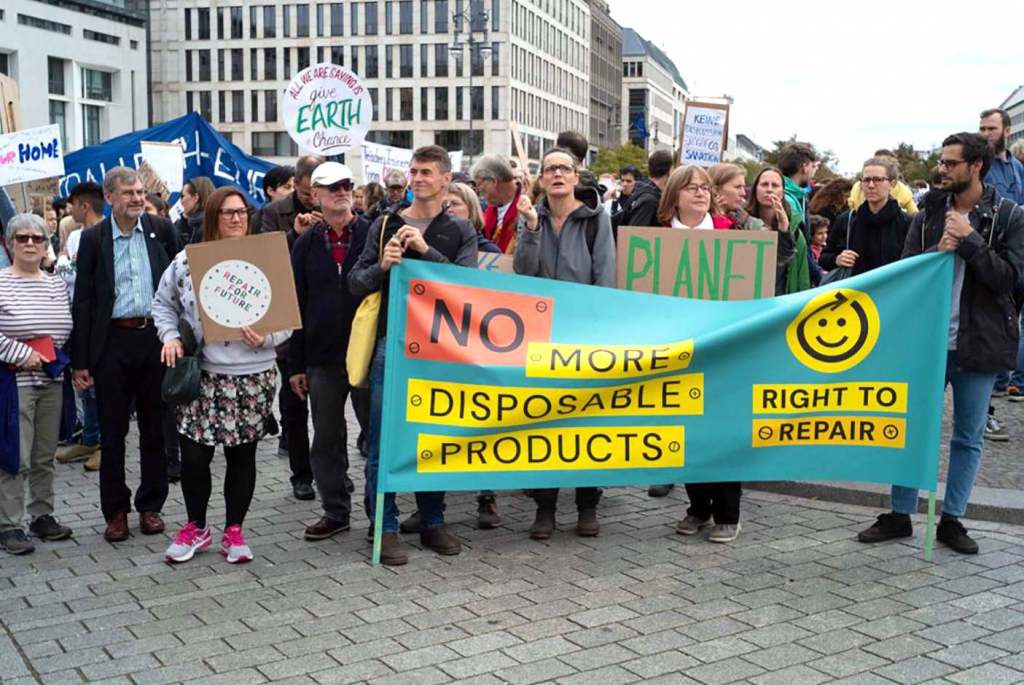
By Anders Lorenzen
The European Parliament (EP), last month approved a bill that could be a key instrument in addressing climate change.
The bill approved by the EP would, if passed by the European Union (EU), give consumers the right to have worn-out products like washing machines and smartphones repaired by producers, in order to cut waste and make goods last longer.
What it does
If adopted by the EU, it would oblige manufacturers by law to offer repairs for fridges, vacuum cleaners, televisions, washing machines and other goods that are sold within the bloc and deemed “repairable”.
Consumers will gain the right to choose either a repair – or a replacement – for faulty products while the product is still under guarantee. If a product is repaired, its guarantee would be extended by 12 months.
After the guarantee has expired, consumers can still claim a repair either free or at a ‘reasonable’ price. This is defined as one that considers costs for spare parts and labour, but does not disincentivise choosing a repair over throwing away the product.
Additionally, the 27-country bloc would also ban manufacturers from using software or hardware that obstructs repairs. It would give national governments the power to impose penalties on companies that do not comply.
According to the European Commission (EC), 35 million metric tons of waste and 260 million tons of greenhouse gas emissions are generated each year as a result of still-usable consumer goods being thrown away.
There was huge support for the policy move as the EP approved the law with a large majority of 584 votes in favour, just three against, and 14 abstentions.
Next up, EU countries will need to approve the bill for it to enter into force, which is normally a formality and, especially in this case, already with such significant backing.
Categories: Circular Economy, Consumerism, environment, Europe, European Parliament, European politics, sustainability
4 replies »